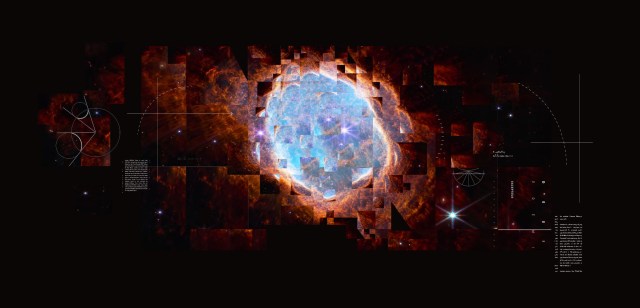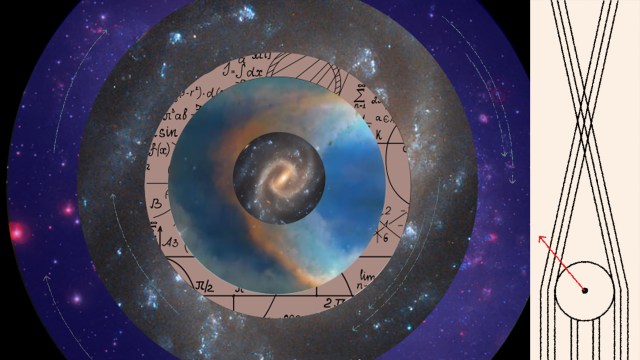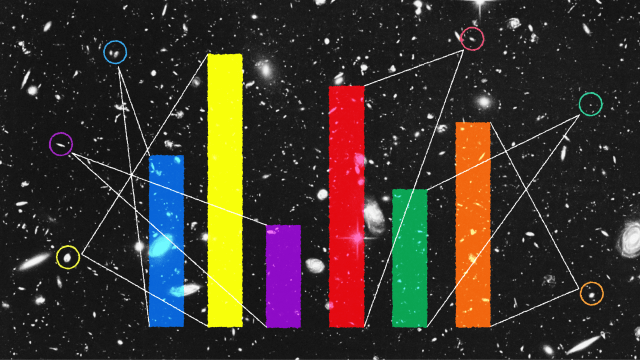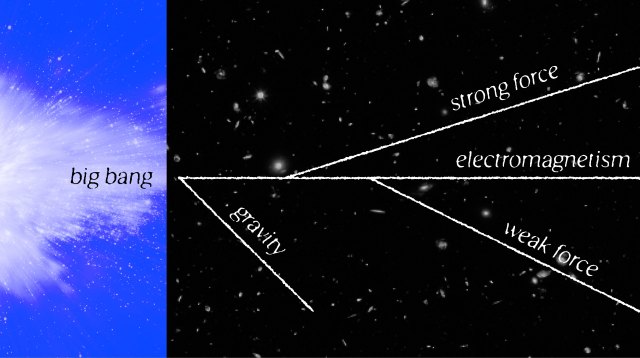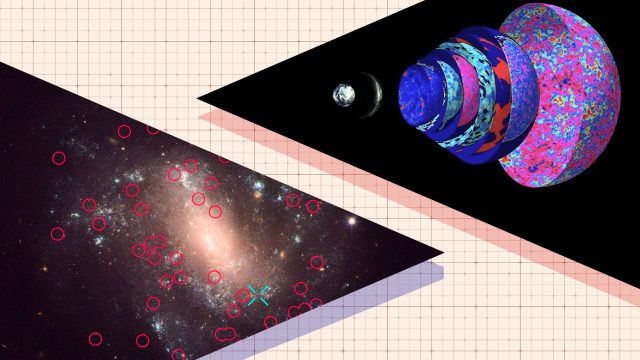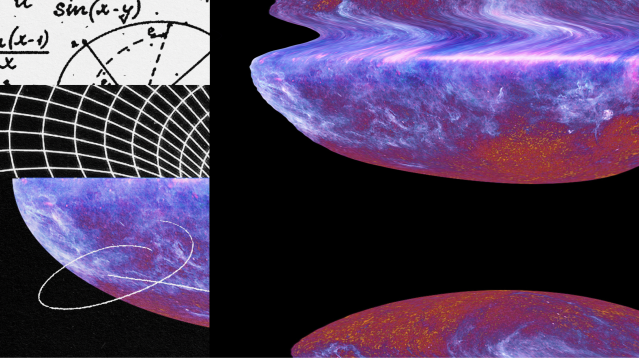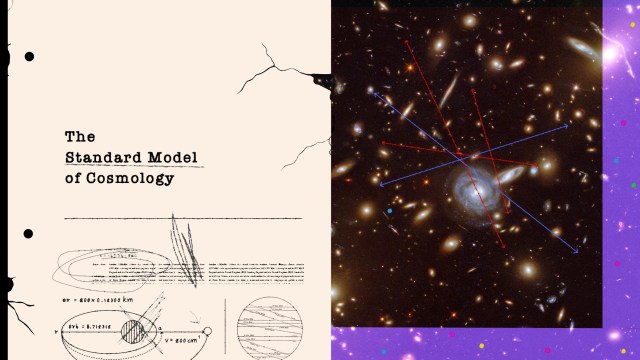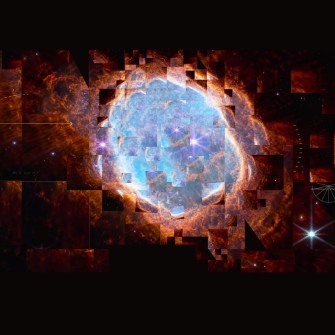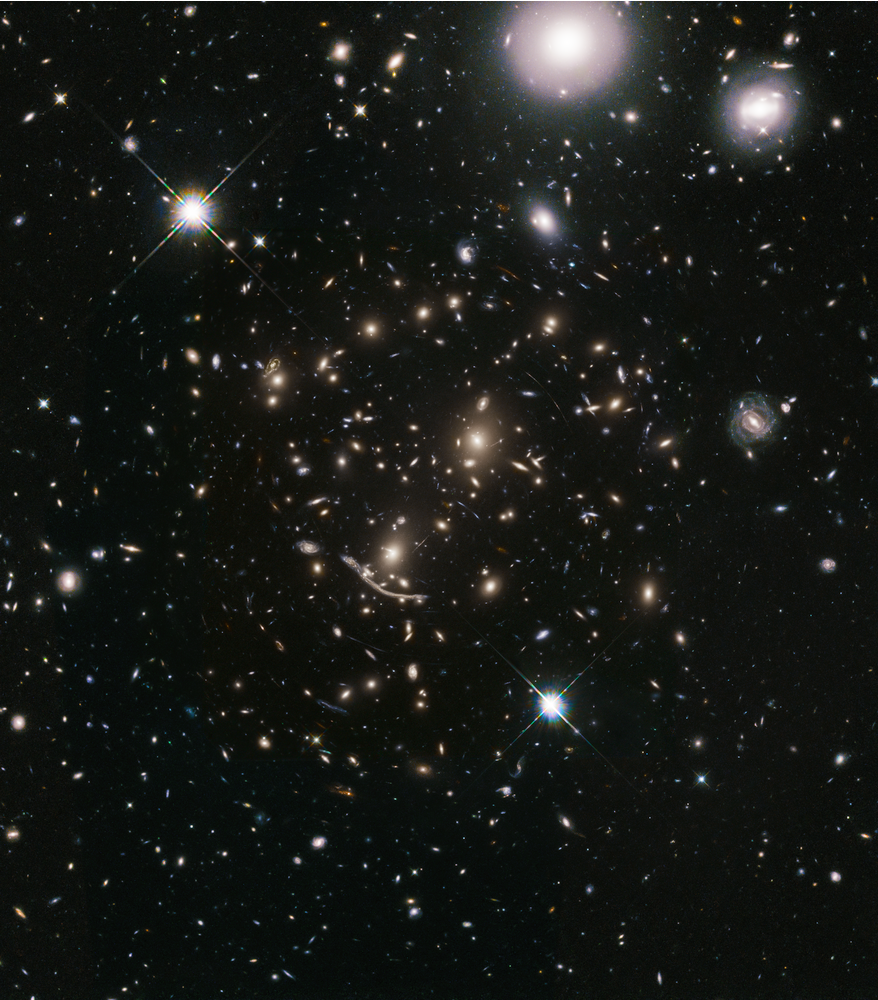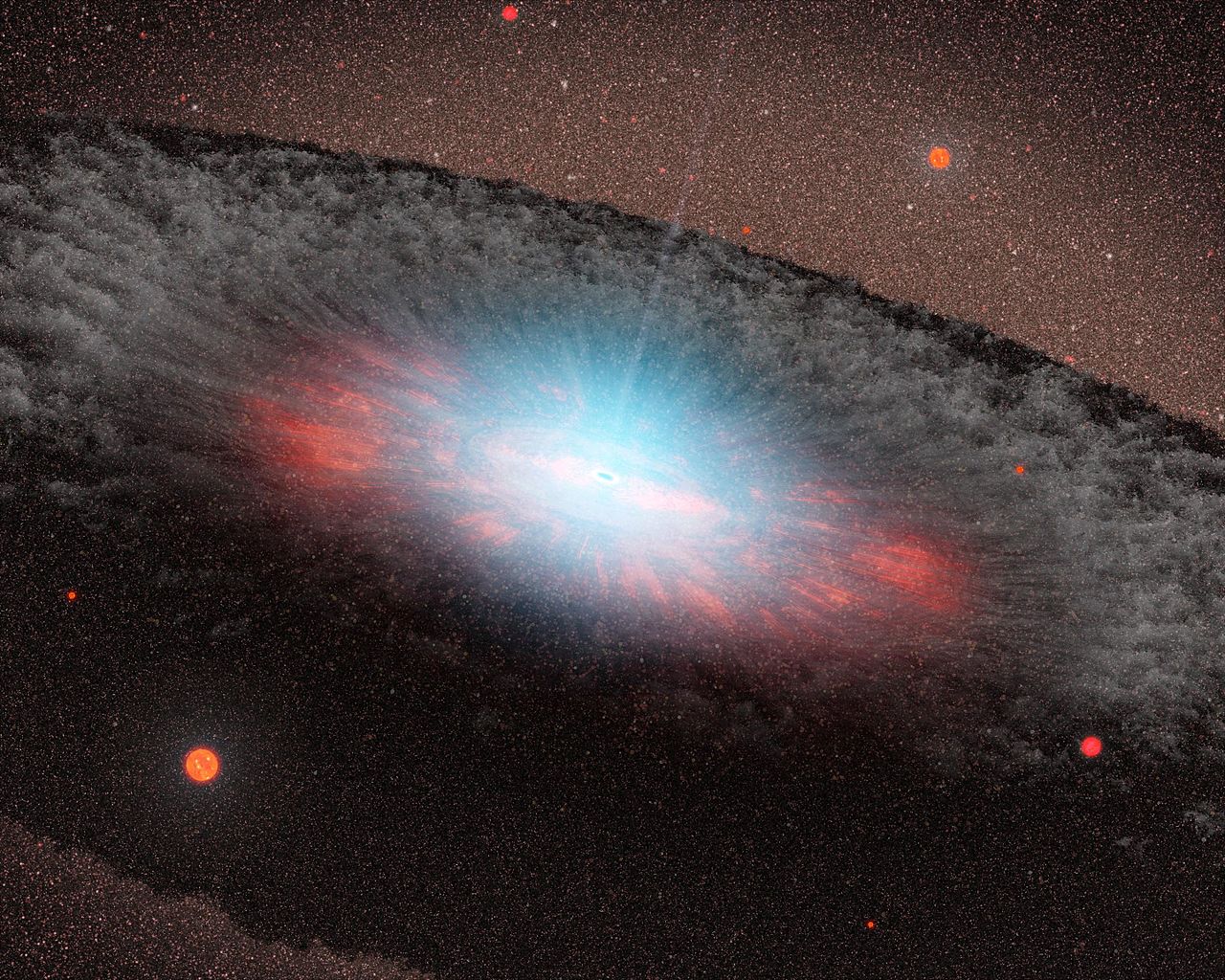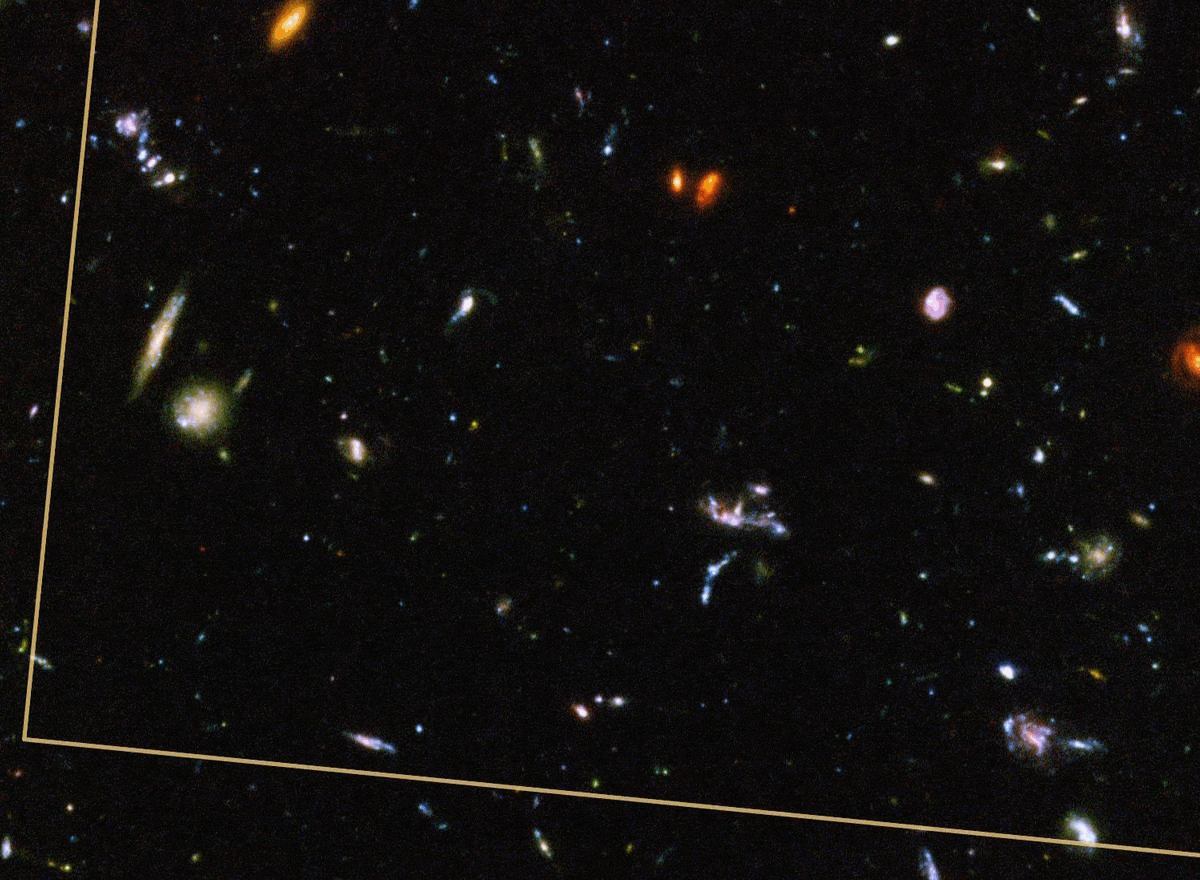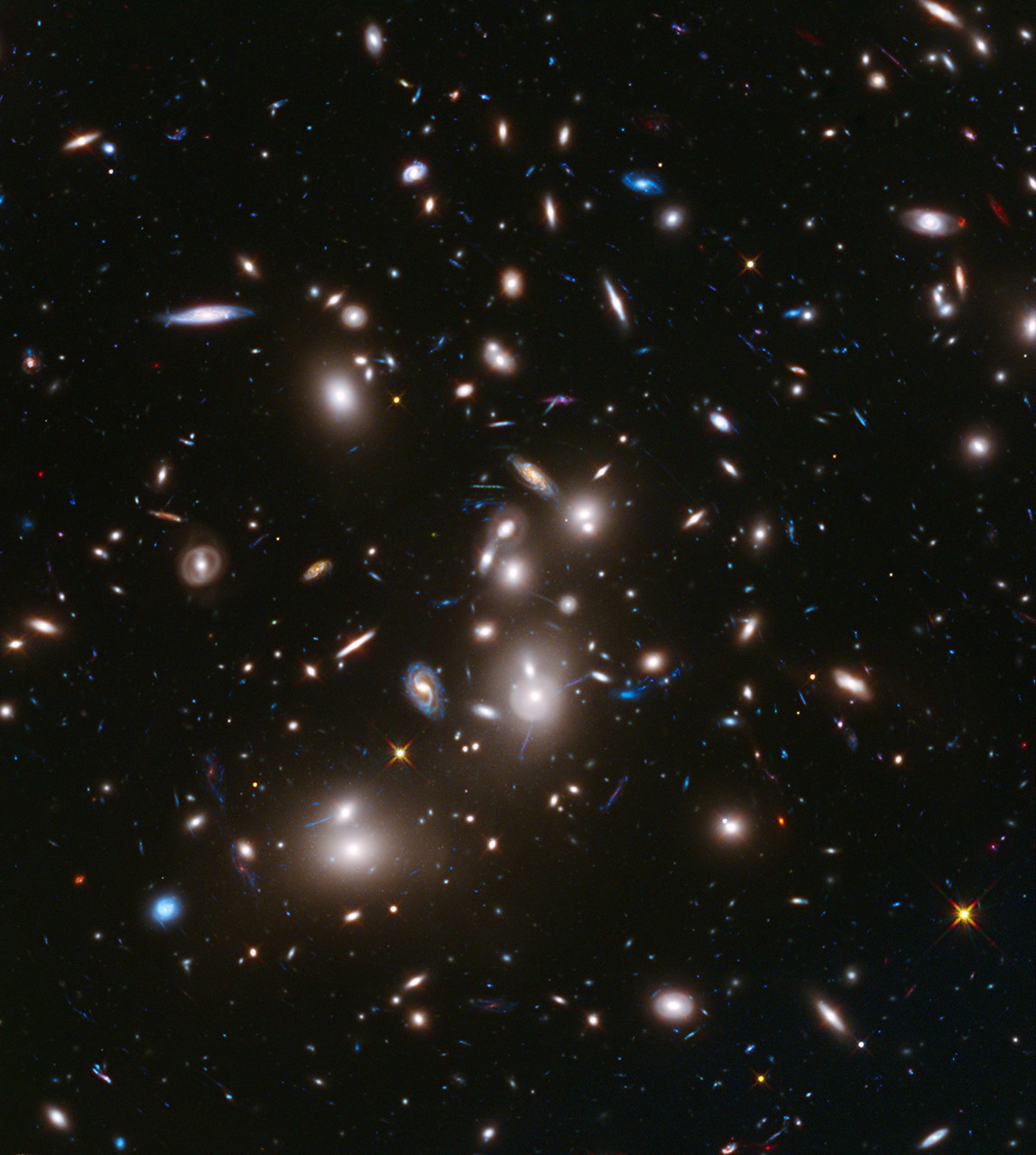Our best models of the Universe have a troubled past
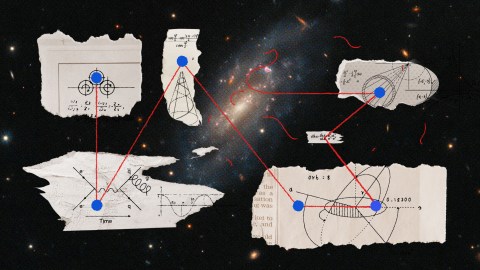
- The central tenet of any Big Bang cosmological model is that the Universe evolves.
- Yet that really should not be the case. It is far likelier the Universe would have been born in a state of high entropy that would have left little room for change.
- What would a natural solution to the question of initial cosmic conditions, one without any fine tuning or special pleading, look like?
The central feature of all Big Bang cosmological models is a Universe that evolves. The past looked different from the present. The present will look different from the future. While these may seem innocuous statements, why the Universe evolves is actually a big mystery. So much so, in fact, that astrophysicist Fulvio Melia included the question in his recent paper where he listed reasons the standard model of cosmology may need to be replaced.
Today, as part of my ongoing series on Melia’s paper and the cosmological conundrums it has raised, we are going to take on this thorny problem of the cosmic past.
The Universe in dead equilibrium
The problem of the Universe’s past has a long pedigree and is linked to one of the most important ideas in all of physics: entropy and the second law of thermodynamics. Entropy is a physicist’s way of saying disorder. According to the second law, any isolated system must evolve from states of low entropy to states of higher entropy. Disorder always increases. If you start with a bunch of atoms all crowded into one corner of a box, they will naturally evolve to a state with atoms spread uniformly around the box. They have thus moved from a highly ordered, low entropy state to a state of maximum disorder and maximum entropy.
The important thing about maximum entropy is that once this state is reached, evolution stops. Individual atoms continue to bounce around, but the macroscopic state of the box ceases to change. In a sense, time and its direction no longer matter. The past looks exactly like the future, so you cannot tell them apart anymore.
Bring this idea to the Universe as a whole and you will quickly see the problem. Since the Universe is everything that exists, it is kind of like that box. The second law of thermodynamics says the entropy of the Universe can only increase until it reaches a maximum. So the Universe must be running down, and it must be heading toward an eventual heat death, where entropy has maximized and no more work can be extracted. In that final equilibrium, there will be no more change and no arrow of time pointing from the past into the future.
But that is not the state we are in now. The Universe is clearly still evolving. Stars are burning up their nuclear fuel, releasing energy and generating entropy. That must mean the entropy of the Universe has not reached its maximum. Based on this, we can conclude that the entropy of the Universe must have been much lower in the past. And that is where the problem really lies.
Pleading with the cosmos
Why was the entropy of the Universe lower in the past?
This question is not new. The founders of modern statistical mechanics and thermodynamics were aware of the issue and discussed it at length even before the rise of modern cosmology. But once scientists developed the Big Bang model of the Universe, the problem got more acute.
The so-called classic Big Bang — the first version of our standard model of cosmology — says the Universe began in a hot, dense state, undergoing expansion. The modern version of the standard model adds a period of extreme expansion to this story, a very brief, very early period referred to as inflation. For both the classic and modern standard models, the critical question about the past is the initial condition of the Big Bang — that state under which your model begins its evolution.
It turns out that if you pick an initial condition at random, you are much more likely to find one with high entropy than one with low entropy. After all, there are many more ways to arrange a system’s components in a disordered fashion than in an ordered one. Based on probability alone, then, the Universe should have started in a state that was either already in equilibrium or close to it. That would leave little room for cosmic evolution. The Universe would just sit there like our box of atoms in equilibrium. It would experience no change, and no time running from the past into the future.
Somehow, our Universe must have avoided all those high entropy states and started in a very unlikely, very low entropy state. Physicists and philosophers call this the past hypothesis. But what makes this hypothesis correct? Why did the Universe begin in such an unlikely state that allowed us to emerge? We do not want to invoke an intelligent designer to make the choice for us — that would be a flagrant case of special pleading.
It is noteworthy that some cosmologists thought the brief period of inflation would solve the problem. The hyper-rapid expansion of a small sliver of post-Big Bang space-time into our visible Universe was supposed to dilute entropy and allow evolution to continue. But many critics, including Fulvio Melia, argue that inflation models must be fine-tuned to give the right result. The form of a suitable inflationary model, and the parameters found in it, must be so explicit that the whole thing looks just as cooked up and arbitrary as the past hypothesis itself. Thus, inflation may not solve the problem.
So is Melia right? Is the standard model of cosmology suspect because of the Universe’s strangely low-entropy past? There is no doubt that the past hypothesis is a real problem, both physically and philosophically. It also seems that the standard model does not yet offer a clear solution, and in that sense Melia is correct. A bigger question is whether any cosmological model could solve the need for a past hypothesis. What would a natural solution to the question of initial cosmic conditions, one without any fine tuning or special pleading, look like? If a new model could solve this conundrum, it would indeed deliver a powerful argument for going in a new direction.
